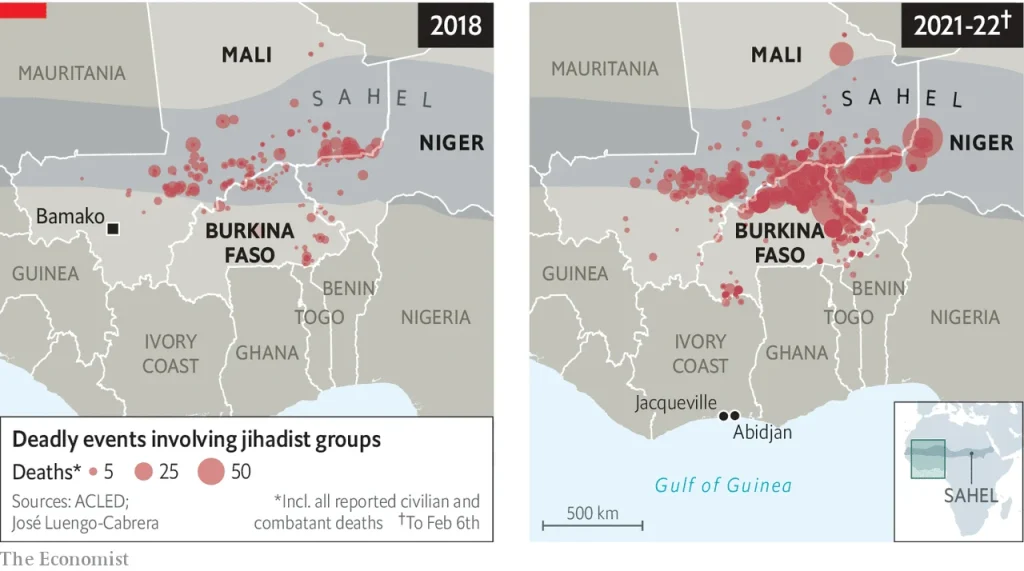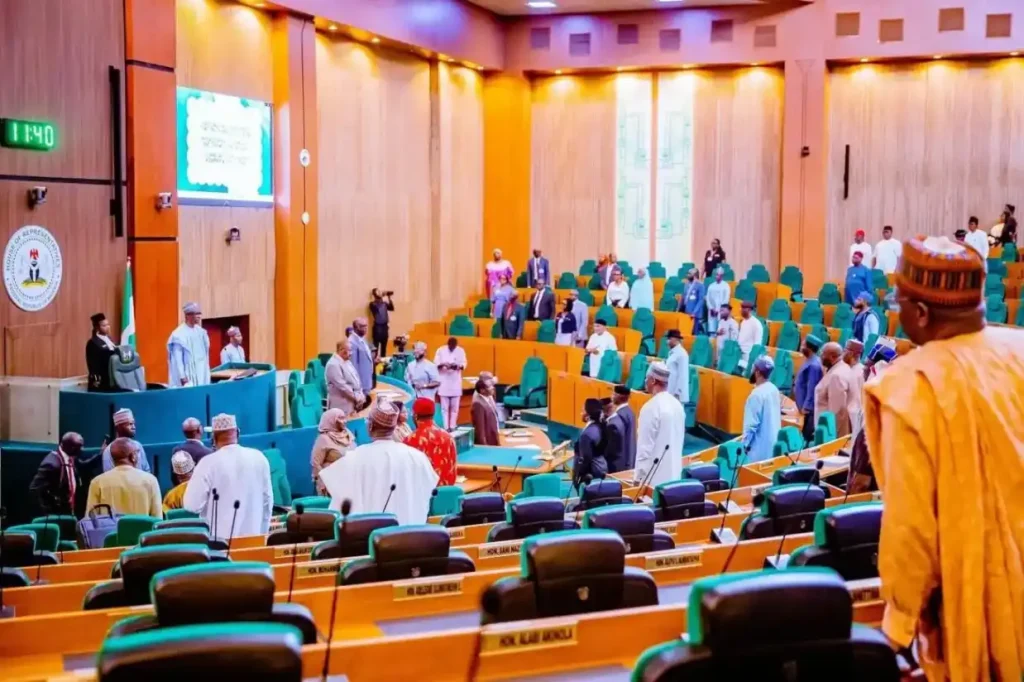A recent survey has revealed that 87% of players in Ghana’s petroleum sector consider the acquisition of foreign currency as the biggest challenge in meeting their payment obligations. The petroleum industry, heavily reliant on foreign currency to import fuel and related products, has been facing increasing difficulties due to the volatility of the cedi against major international currencies like the US dollar.
Industry players report that the sharp depreciation of the cedi has made it harder for them to access the needed foreign exchange to settle international payments on time. This situation has strained their ability to import petroleum products and has led to increased operational costs. As a result, some companies are struggling to meet their financial obligations, which could have long-term effects on the supply chain and fuel availability in the country.
The problem is further compounded by the fact that global oil prices remain high, which increases the cost of imports. Coupled with the scarcity of foreign exchange, petroleum companies are finding it increasingly difficult to operate smoothly. Many in the industry are calling on the government and the Bank of Ghana to take immediate action to stabilize the currency and ensure that sufficient foreign exchange is available for critical sectors like petroleum.
Industry leaders have expressed concern that without adequate intervention, the foreign currency challenges could lead to disruptions in fuel supply, increased fuel prices, and overall instability in the energy sector. They are urging the government to implement policies that will ease access to foreign exchange, allowing companies to continue importing petroleum products and meet their financial obligations without significant strain.
In response, some financial experts have suggested that the government could provide targeted support to sectors most affected by the foreign exchange crisis, such as offering preferential rates for essential industries like petroleum. However, with the ongoing economic challenges, it remains to be seen what measures will be put in place to address this pressing issue. For now, the petroleum sector is grappling with uncertainty, as 87% of its players continue to face difficulties in acquiring foreign currency to meet their payment commitments.





















